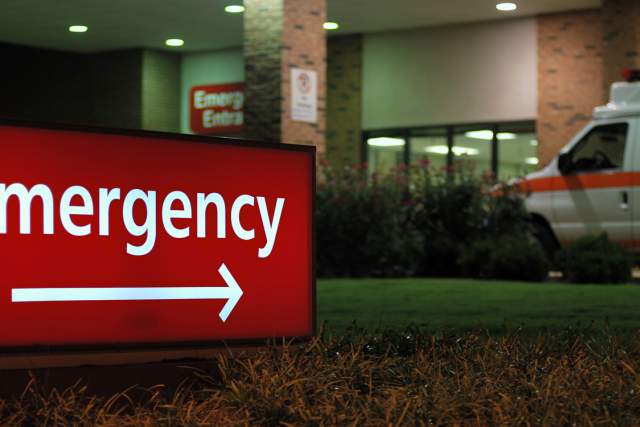As the coronavirus pandemic sweeps the world, countries have rightly recognized the need for dramatic measures to limit new cases of infection to avoid exceeding the treatment capacity of their health-care systems and thus to avoid catastrophic numbers of deaths.
But the public-health mandates needed to “flatten the curve” have triggered chaos in the global economy: turmoil in global capital markets, existential pressures on businesses, and rising waves of layoffs. Indeed, this morning the U.S. Department of Labor announced that last week, new claims filed for unemployment insurance skyrocketed to its highest level ever recorded: 3,283,000—an increase of three million in just one week.
What is the world to do to stop this economic and financial chaos?
This morning, Foreign Affairs has kindly published an essay—you can read it here—by we two Matts, “How to Avoid a Coronavirus Depression,” that provides a three-step policy plan to do just that.
The right policy response to the coming coronavirus recession must start with the right diagnosis of the economic shock that the pandemic has caused: a broad, deep collapse in household demand for consumer goods and services. The best way to counter this shock is to take three interrelated measures: invest in stopping the spread of the new coronavirus, backstop businesses hit by collapsing consumption, and make every effort to avoid a financial crisis. In particular, fiscal transfers to consumer-facing businesses whose revenues are collapsing will allow them to maintain their payrolls and thus help American workers and their families.
Invest in stopping the spread of the new coronavirus, backstop businesses hit by collapsing consumption, and make every effort to avoid a financial crisis.
How much will all this cost? Done swiftly in the United States, the total cost of this plan is likely to be somewhere between $1 trillion and $2 trillion—borne mainly by the federal government in the form of increased indebtedness. Without a sufficiently integrated and ambitious response, the economic contraction on the horizon could end up known as the Coronavirus Depression.
We Matts see hopeful signs that the United States and other countries are cobbling together policy responses in the spirit of our plan. But the exact details of these responses matter, and most of all they must have a substantial focus on offsetting the collapse in business revenues. And, time is truly of the essence.
The coronavirus pandemic is creating human loss of historic proportions. That tragedy need not be compounded by economic loss of historic proportions.

